Honey – शहद (200 gms)
Know Your Product(KYP)
Honey is a sweet, viscous food substance made by bees and some related insects. Bees produce honey from the sugary secretions of plants (floral nectar) or from secretions of other insects (such as honeydew), by regurgitation, enzymatic activity, and water evaporation. Bees store honey in wax structures called honeycombs. Honey is collected from wild bee colonies, or from hives of domesticated bees, a practice known as beekeeping or apiculture.
Health Benefits
- Rich in Antioxidants Properties
- Cures Gastronomical Problems
- Lower Cholesterol Levels
- Reducing the duration of diarrhea
- Honey is linked to wound-healing properties and antibacterial action.
- Replacing added sugar in the diet
Methods of Use:
Replacing added sugar in the diet; Take one spoonful every morning for riding coughs, mix with warm water and drink in morning in empty stomach to control weight, sprinkle on desserts and sweets to enhance taste.
Know Your Product(KYP) (Continued)
Preservation
Because of its composition and chemical properties, honey is suitable for long-term storage, and is easily assimilated even after long preservation. Honey, and objects immersed in honey, have been preserved for centuries. The key to preservation is limiting access to humidity. In its cured state, honey has a sufficiently high sugar content to inhibit fermentation. If exposed to moist air, its hydrophilic properties pull moisture into the honey, eventually diluting it to the point that fermentation can begin.
Long shelf life of honey is attributed to an enzyme found in the stomach of bees. The bees mix glucose oxidase with expelled nectar they previously consumed, which then creates two byproducts: gluconic acid and hydrogen peroxide, partially responsible for honey’s acidity and ability to suppress bacterial growth.
Healing wounds and burns, decreases the severity and duration of diarrhea. Relieving cold and cough symptoms. Remedy for the following:
- Stress
- Weakness
- Sleep disturbance
- Vision problems
- Bad breath
- Teething pain, in children over a year old
- Cough and asthma
- Hiccups
- Stomach ulcers
- Diarrhea and dysentery
- Vomiting
- Bedwetting and frequent urination
- High blood pressure
- Obesity
- Jaundice
- Hangover relief
- Eczema and dermatitis
- Burns, cuts, and wounds
- Arthritis
Source: Wikipedia

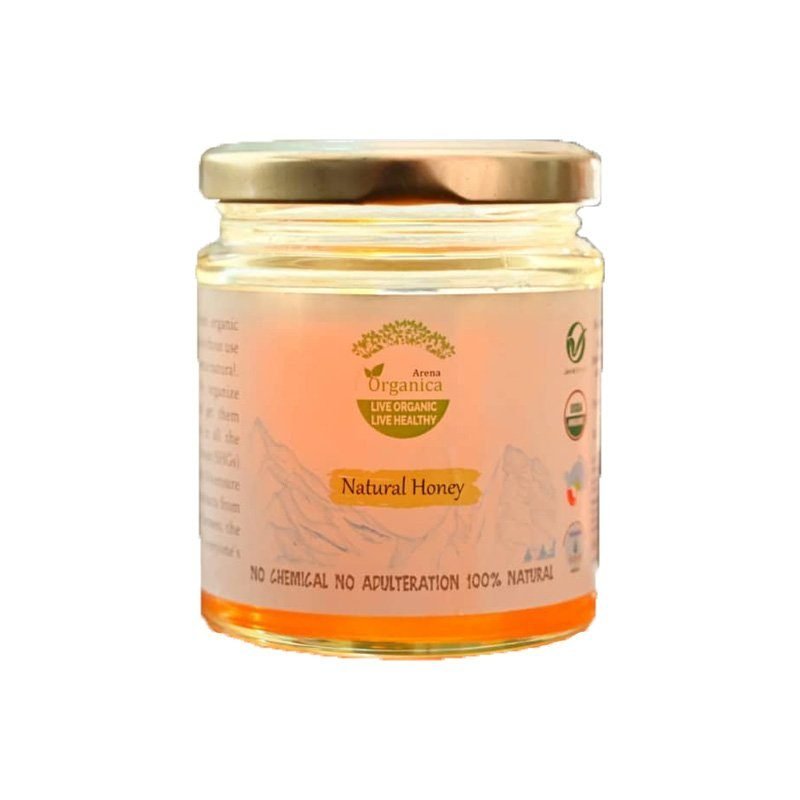
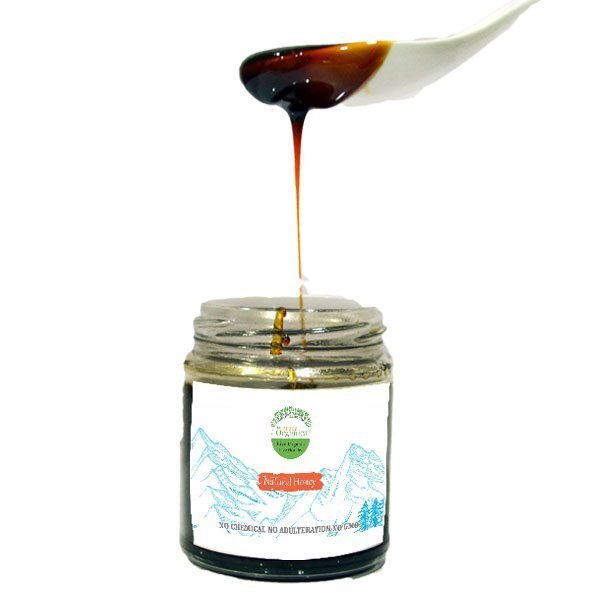
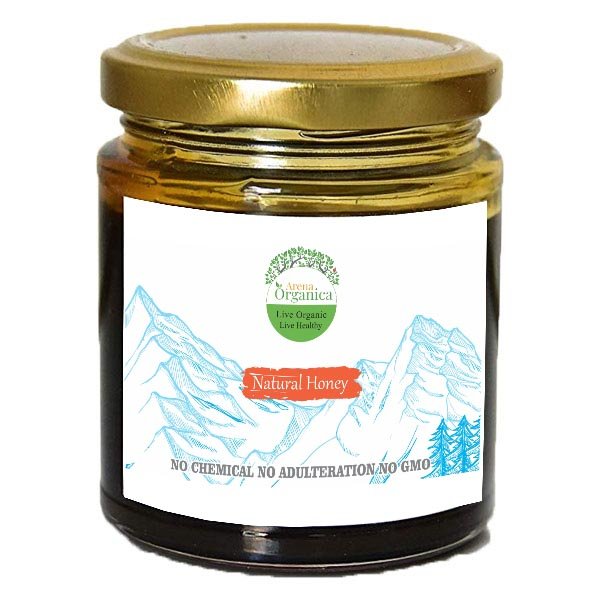
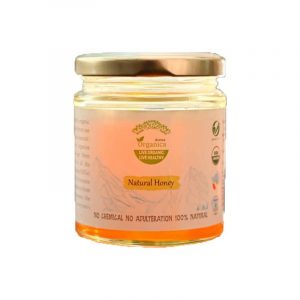
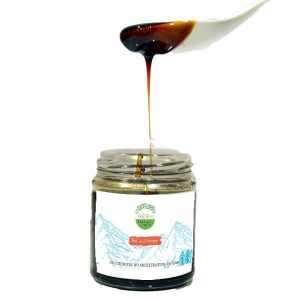
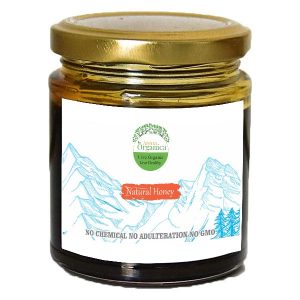
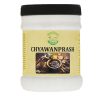
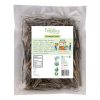
Reviews
There are no reviews yet.